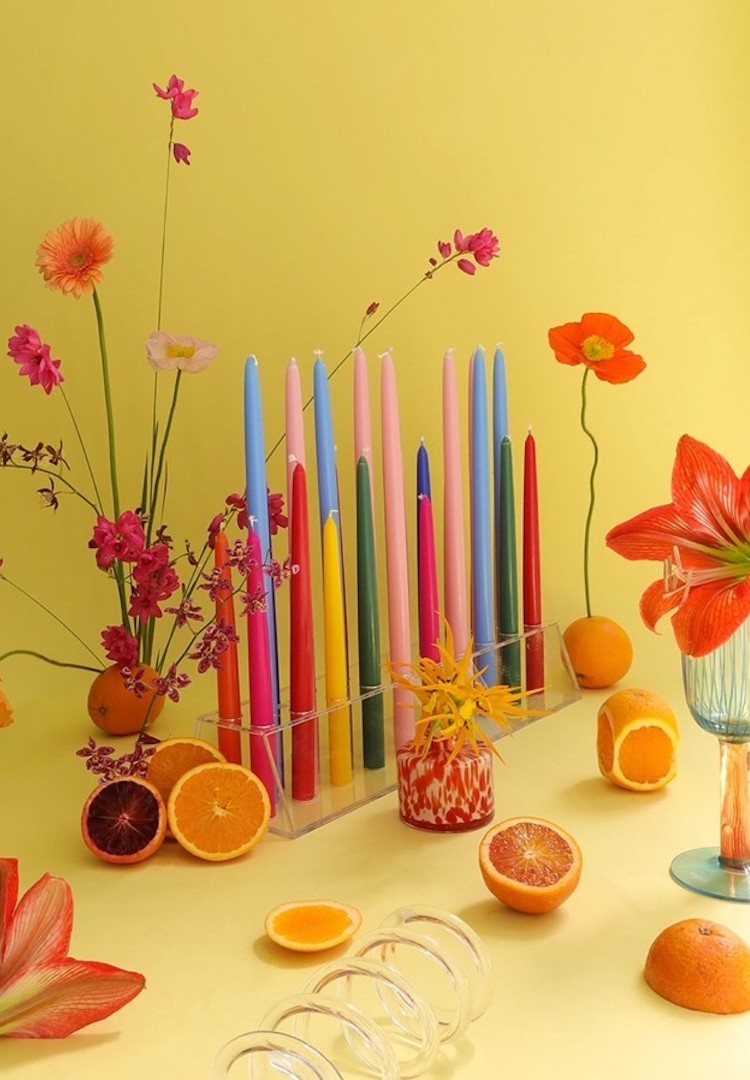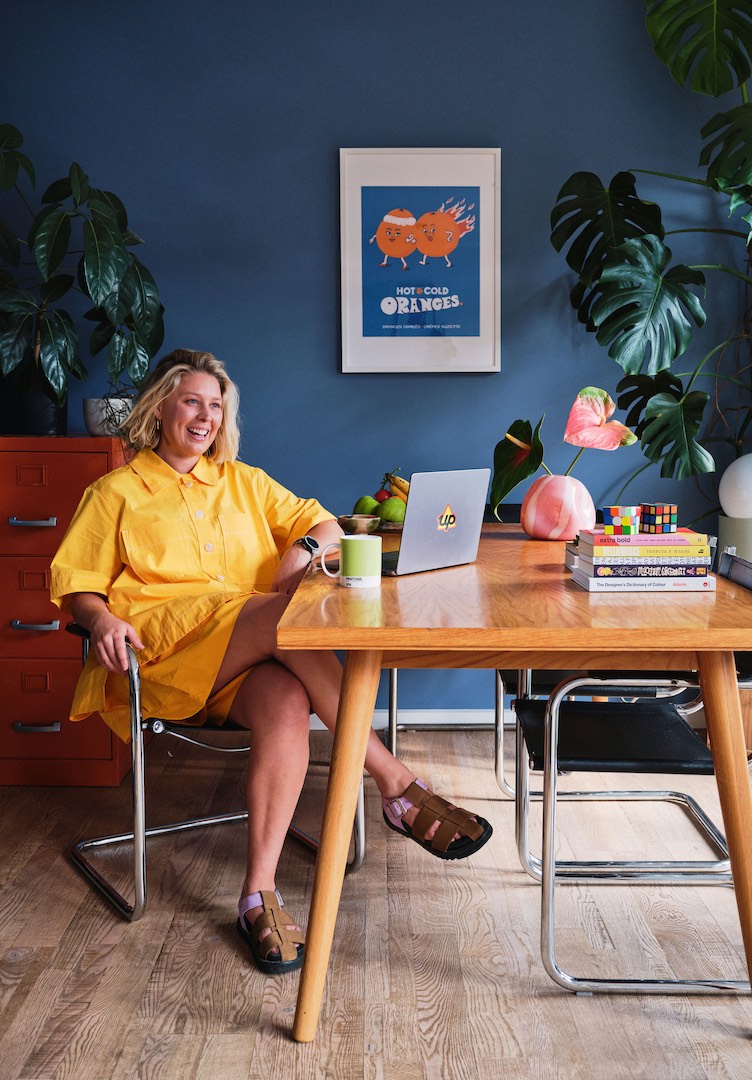Understanding ‘climate doom’ and what we can do to help
Image via Nagnata
WORDS By Magenta Porter
The latest climate change reports show that it isn’t too late for us to fix this mess (yet).
This week, we got a fresh smack in the face from the Intergovernmental Panel on Climate Change (IPCC), with the release of its latest report. To absolutely no one’s surprise, except maybe a few baby boomer members of parliament, the panel’s findings were far from rosy.
To sum it up, this sixth report by the IPCC confirms what we have long known – that human influence has had a detrimental effect on our planet, having directly caused warming of the atmosphere, land and oceans, evidenced in the extreme weather changes and events across the globe.
Looking for more thought-provoking reads? Try our Life section.
The report also confirms that global warming of “1.5C and 2C will be exceeded during the 21st century unless deep reductions in carbon dioxide and other greenhouse gas emissions occur in the coming decades.” This, once again, comes as no surprise.
It details that many of the changes that have occurred (and will occur) as a result of past and future greenhouse gas emissions are irreversible, for centuries at least, even millennia. This is the part of the report that has captured the attention of the press worldwide. The irreversible nature of the damaging effect of humans on the planet feels final. Read: permanent, door closed, deal done, we’re heading for the apocalypse.
Like the final nail in the coffin, these findings seem to have led to an increased, collective sense of ‘climate doom’ amongst the masses. Climate doom is the phrase given to the impending, overwhelming feeling of defeat and hopelessness as a result of climate change. It’s the feeling that ‘we may as well throw in the towel,’ because heck, this ship has sailed. While it’s not exactly the same as activism burnout, it’s similar in that it calls on us to manage our mental health, or else fall into a pit of gloom and glum.
This TikTok addresses the phenomenon taking over our social feeds, conversations and brain space. However interestingly, in it, Abbie Richards (user Tofology) suggests that accepting climate doom, and believing that “it’s too late”, is exactly what fossil fuel companies want, because it means we no longer keep trying.
@tofologyWe are not doomed. Eco-mental health resources in comments.♬ original sound – Abbie Richards 🚫⛳️
Watching it was enough to make me extremely suspicious. It’s galvanised me to push past my climate doom.
Understanding the inevitable slide into climate doom
I’m sure we’ve all felt some degree of climate doom over the past few decades. I felt it when I first watched Al Gore’s documentary, An Inconvenient Truth, about a decade ago, when I was sitting in a Society and Environment class in year seven or eight, with the air conditioner blasting on a perfectly fine 25-degree day.
I remember feeling scared, overwhelmed, amazed, stressed and angry all at the same time. What the hell was the point of playing this movie to the class, while we sat there literally burning through electricity, just before we were about to go and enjoy the plastic-wrapped lunches that half of us would likely throw away? It’s paradoxical moments like these — that we each encounter every day — that we should start taking note of.
My emotional journey progressed through stages of stress, confusion, laziness, and ultimately denial. It’s a flurry of emotions many of us will know well, often with a healthy dose of guilt thrown in (our individual actions have contributed to the problem) coupled with a paralysing helplessness (our individual actions can’t make a difference). But time will not heal this wound, meaning this ‘helplessness paralysis’ is simply no longer an option.
I like to think that I am a relatively eco-friendly girl, as the story goes. I compost, turn off lights when I’m not in the room, buy vintage, don’t own a car, walk whenever possible, rarely eat meat, and use reusable bags, cutlery and cups. But I am acutely aware that there are so, so, many other changes I could make in my day-to-day life that would be even more beneficial for the environment. Despite how much I love and admire her work, activism and courage, even just looking at Greta Thunberg makes me feel guilty.
When we consider the impact of my efforts in comparison to the scale of the problem, it’s tempting to give up. But giving into climate doom quite literally adds fuel to the fire. Despite the damning findings outlined in the 4000-page report, the IPCC notes the global effort to tackle this mammoth, life-or-death issue has begun, it just needs to be accelerated.
As for what this means locally, the Climate Council has prepared its own report for Australians, highlighting an irony that “Australia is one of the most vulnerable developed countries to the impacts of climate change, but is contributing little to solutions.”
So is there any point in continuing? Or can I just sink into my doom and get back to using plastic straws again?
Ultimately, despite the devastating findings, the report shows that we can avoid the catastrophic future we’re hurtling towards but, to quote the Climate Council’s Head of Research Dr Simon Bradshaw, “it’s going to take everything we’ve got, and this may be our final warning… it’s up to all of us to make sure that happens.” In other words, now is not the time to give up. Leaning into your impending climate doom won’t help anything at all.
No, your reuseable coffee cup isn’t going to save the planet all on its own. But as you’ve heard many times before, if we all make very small, positive changes towards a more sustainable lifestyle, we are on the right track.
And yes, unfortunately, a lot of the big decisions come down to whoever’s butt is planted in the seats of parliament house, those in power. But that doesn’t mean we’re helpless — we do live in a democracy, after all. Start writing to your member of parliament. Tell them that climate change and renewables policy will be the number one issue that will sway your next vote. And if you’re unsure where to start, the Climate Council has put together a nifty guide.
I encourage you to have those awkward political chats with friends, colleagues and even conservative distant uncles when you can. Because it’s now or never, and if everyone gets a little more clued in, a little more educated on the topic, that can only lead to positive change.
For a comprehensive summary of the latest IPCC report, check out this quick video.













